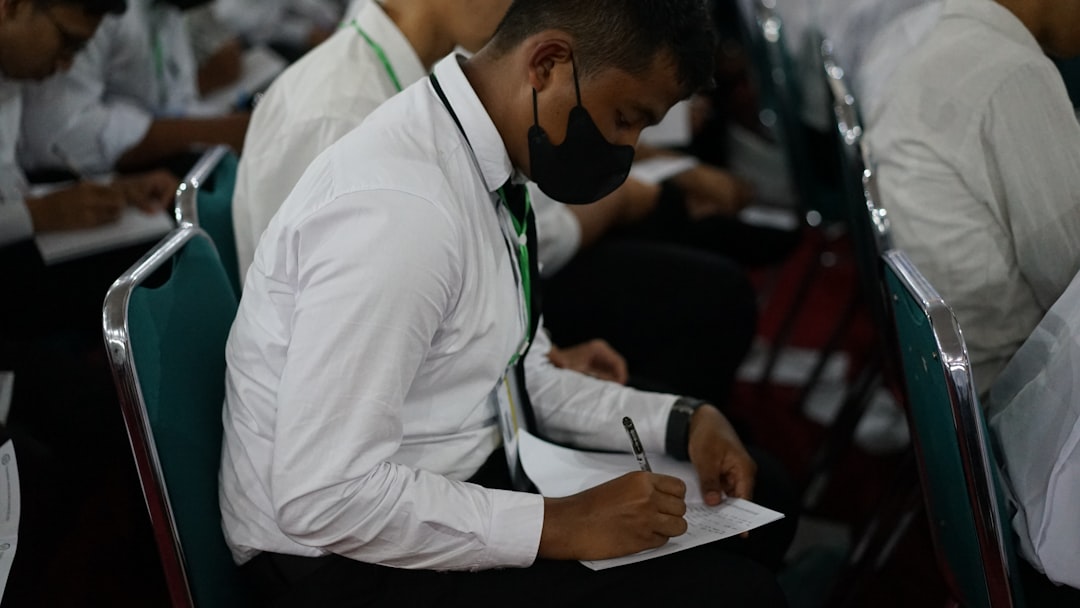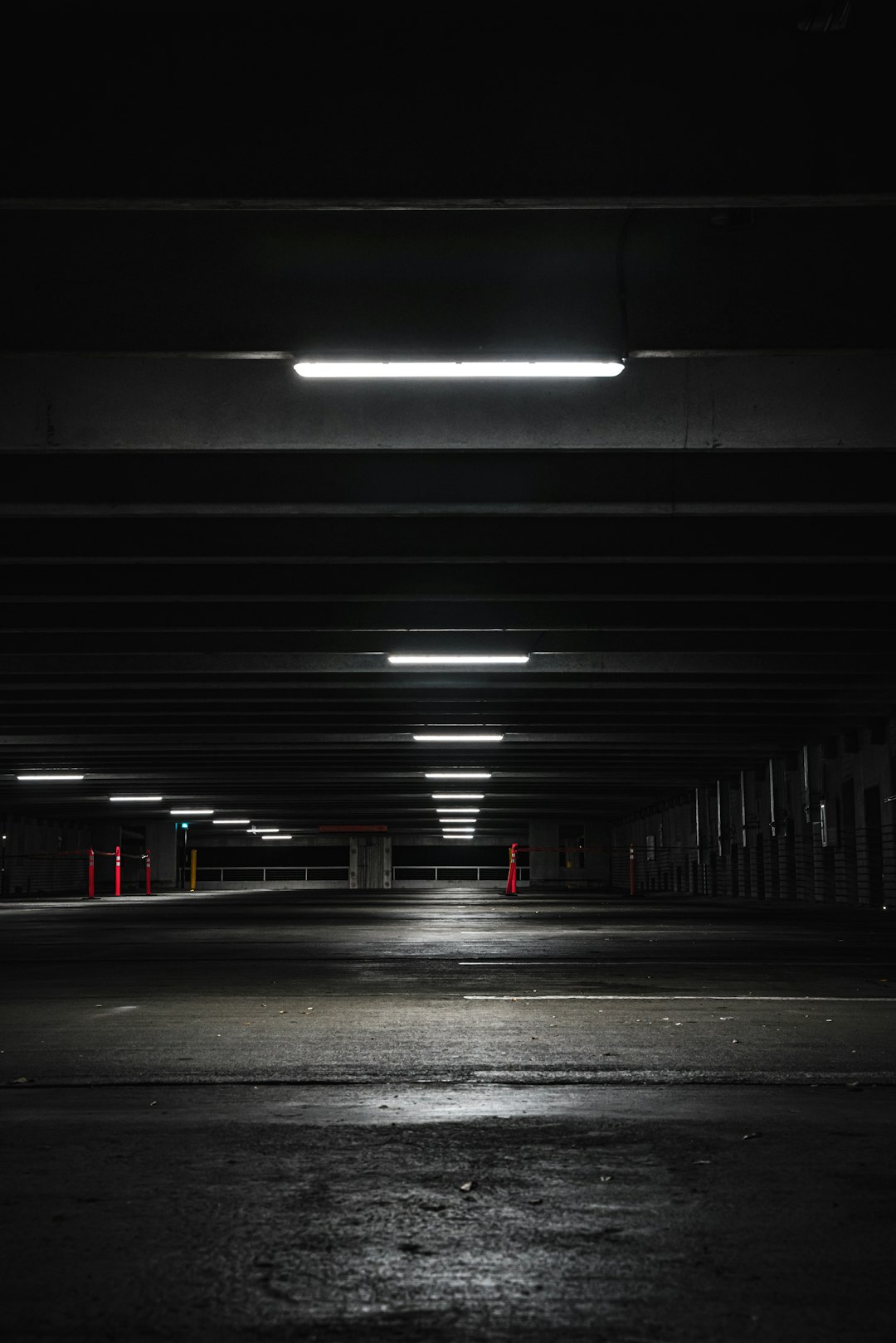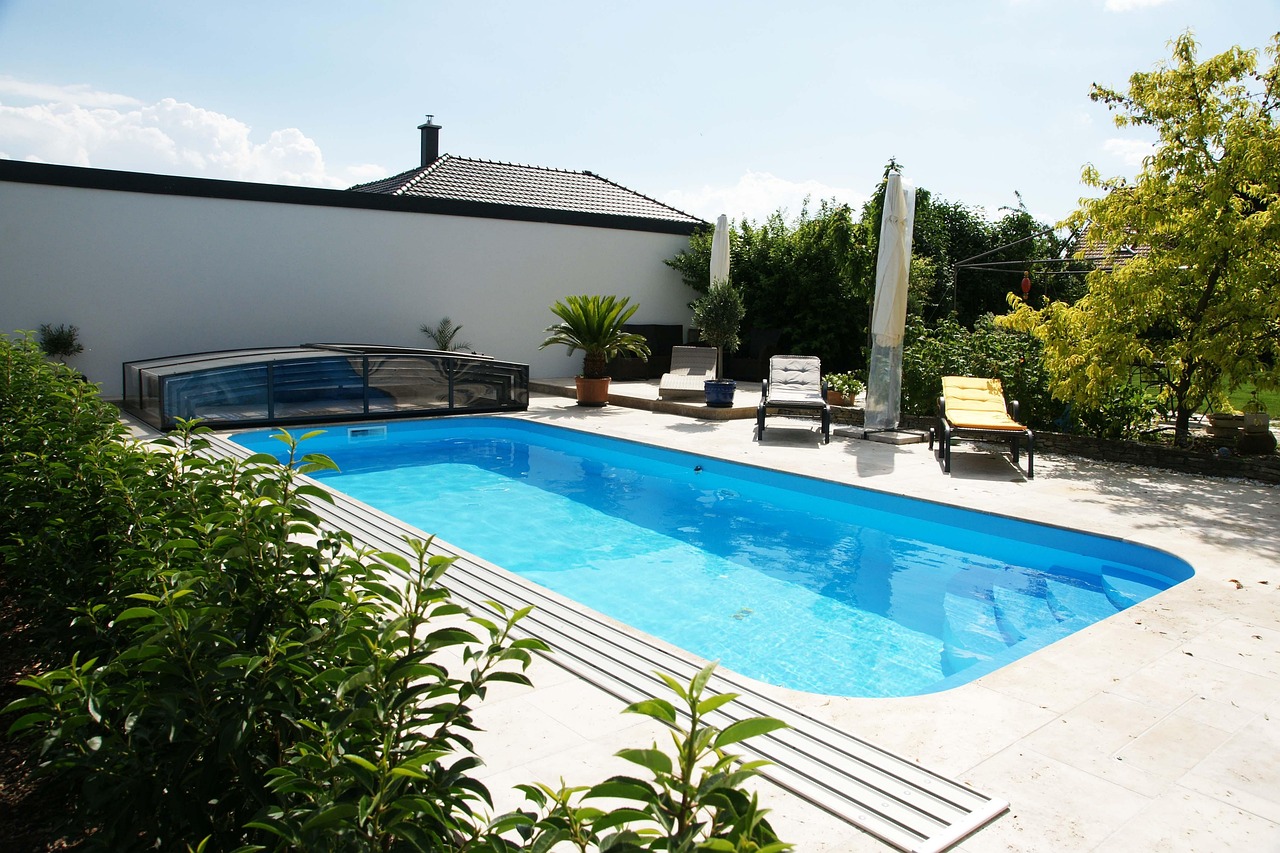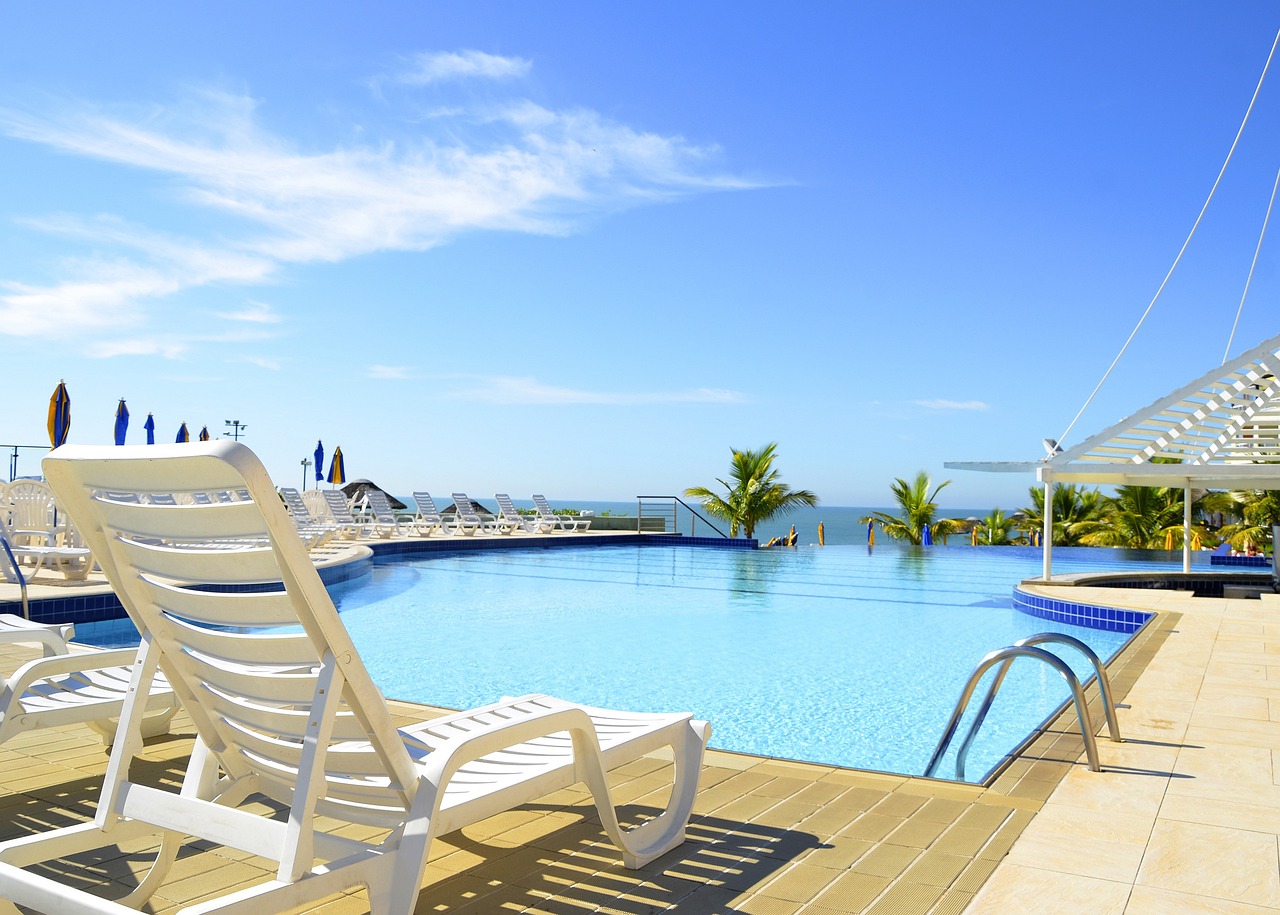Owning a swimming pool can be a luxury, but it also comes with its own set of responsibilities. One of the most critical aspects of pool maintenance is ensuring it’s properly waterproofed. Without the right materials and techniques, water leakage can damage not only the pool structure but also nearby landscaping and even property foundations.
Waterproofing a pool involves creating a watertight barrier that prevents water from escaping the shell of the pool. This is especially important because concrete, a common pool construction material, is naturally porous. Over time, water can seep through cracks and joints, leading to structural deterioration, mold growth, and unnecessary repair costs.
The process of swimming pool waterproofing typically begins with surface preparation. This step ensures that any debris, dust, or previous coatings are removed so that the new waterproofing material can adhere properly. Once the surface is clean, a liquid membrane or a similar protective coating is applied. These materials are designed to stretch and move with the structure, accommodating any settling or minor shifts without cracking.
Pool waterproofing isn’t limited to just new construction. Renovating or upgrading an existing pool often requires reapplying waterproofing layers, particularly if the original materials have worn down. This preventive maintenance can save pool owners from more extensive repairs down the line. Additionally, changes in climate or ground movement can affect the integrity of the pool shell, making it essential to re-evaluate waterproofing periodically.
Another important factor in effective waterproofing is choosing the right products for your specific pool type and environmental conditions. Climate, water chemistry, and pool usage all influence the best approach. For example, pools in areas with freeze-thaw cycles may need more flexible membranes to withstand expansion and contraction. Ensuring proper application by professionals can also make a significant difference in the long-term performance of the waterproofing system.
For those considering a pool renovation or installation, it’s worth exploring modern waterproofing solutions that offer both durability and ease of application. Some of these newer methods are eco-friendly and offer improved performance over traditional materials. You can learn more about these innovations and other pool surface solutions by visiting this resource on pool coatings.
Investing in reliable waterproofing not only extends the life of your pool but also preserves its aesthetic and functional value. With the right approach, you can enjoy a leak-free pool season after season, avoiding the headaches that come with water damage and costly repairs.








